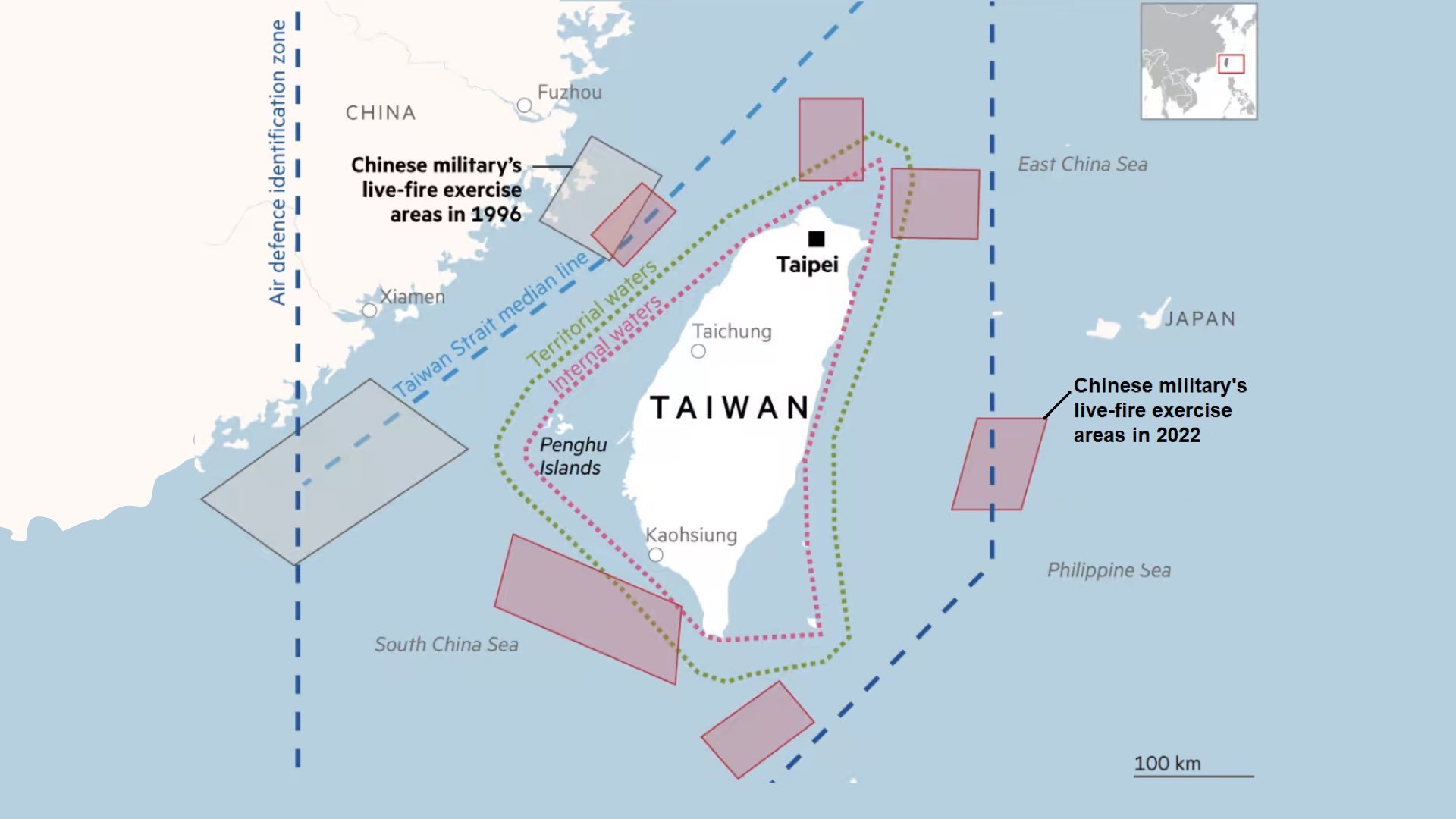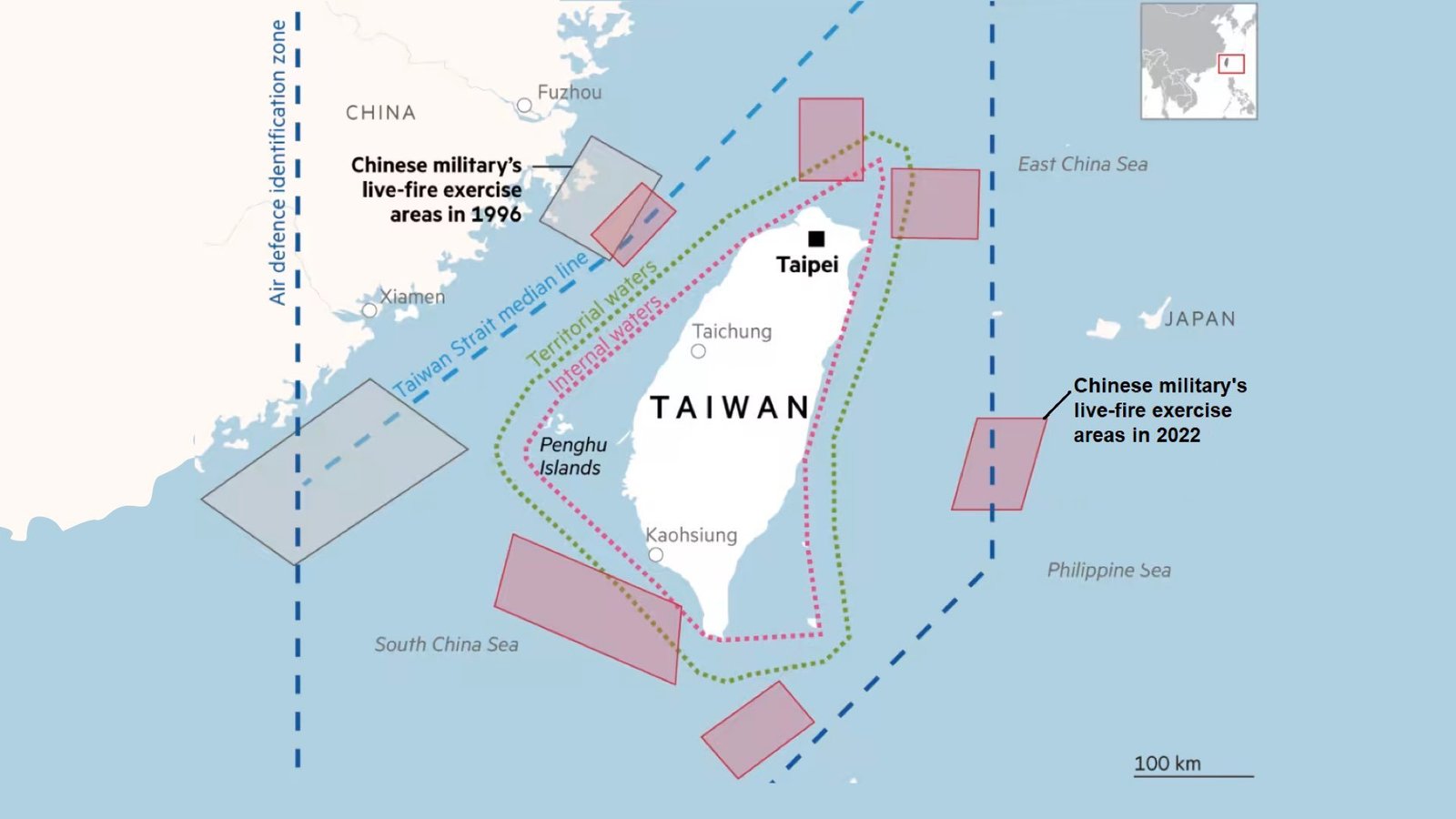Introduction
With global supply chains already strained, fresh turbulence is brewing as former President Donald Trump resumes unpredictable tariff policies while tensions between China and Taiwan escalate. According to Pegatron Corp, a major Apple and Dell supplier, these developments are likely to cause electronics shortages in the United States. Here are five ways this mounting crisis could impact U.S. consumers and the global tech industry.
1. Tariff Uncertainty Is Freezing Tech Shipments
Taiwan’s Pegatron, which operates manufacturing hubs in Vietnam, India, Indonesia, and Mexico, has warned that Trump’s inconsistent tariff actions are leaving U.S. importers hesitant. Despite a recent pause in some tariffs, a 10% levy on nearly all other goods still applies, making long-term planning and logistics extremely difficult.
“Shelves in the United States might resemble those in third-world countries,” said Pegatron Chairman T.H. Tung in a Reuters interview.

2. Electronics Supply Chains Are Being Rewired — Slowly
Taiwanese tech companies like Pegatron and TSMC are diversifying manufacturing bases away from China, but supply chain migration takes time. Even as Pegatron expands in Southeast Asia and Mexico, Tung emphasizes that such moves are long-term and can’t adapt quickly to short-term tariff swings.
This sluggish shift increases the risk of temporary bottlenecks, especially if U.S. buyers hesitate amid ongoing uncertainty.
3. China-Taiwan Military Tensions Threaten Production Zones
Tensions in the Taiwan Strait are nearing boiling point. The People’s Liberation Army (PLA) has conducted multiple military drills, simulating amphibious assaults and coordinated air-sea attacks. With Taiwan hosting vital chip and electronics suppliers, a conflict or blockade would have catastrophic implications for global electronics production.
U.S. officials continue to push Taiwan to bolster defenses, while the U.S. Navy asserts freedom of navigation with warship transits like that of the USS William P. Lawrence in April 2025.
4. U.S.-Taiwan Defense Ties Are Fueling Beijing’s Fury
Washington is Taiwan’s top arms supplier under the Taiwan Relations Act of 1979, recently approving F-16 jets and Abrams tanks for the island. In response, Beijing has warned Taipei of eventual “abandonment” by the U.S. and accused Washington of enabling “Taiwan independence separatists” (Newsweek).
This rhetoric further destabilizes regional relations and could lead to disruptions in high-tech exports, particularly semiconductors and consumer electronics.
5. Consumer Electronics Prices Could Soar
With importers reluctant to ship, and logistics networks strained by tariffs and geopolitics, U.S. consumers face higher prices and product delays. Devices like smartphones, laptops, and gaming consoles—many of which depend on Taiwanese-made components—could be in short supply within months.
This also comes as the global semiconductor shortage lingers from previous supply chain shocks. If China takes aggressive action against Taiwan, it could cut off essential chip supplies, sending ripples through everything from smartphones to smart cars.
Conclusion
The convergence of Trump’s unpredictable trade policies and growing China-Taiwan tensions is a recipe for disruption in the global electronics market. From delayed shipments to rising prices and potential supply cutoffs, American consumers may be the first to feel the shockwaves.
As the situation evolves, the tech world is watching closely—not just for economic signs, but also for military ones.
External Sources
- Pegatron: Reuters Report
- Newsweek: Taiwan Strait Tensions
- Taiwan News: Semiconductor Strategy
- CSIS Analysis: China Military Strategy
- TSMC Official Site
- Taiwan Relations Act – U.S. Congress

